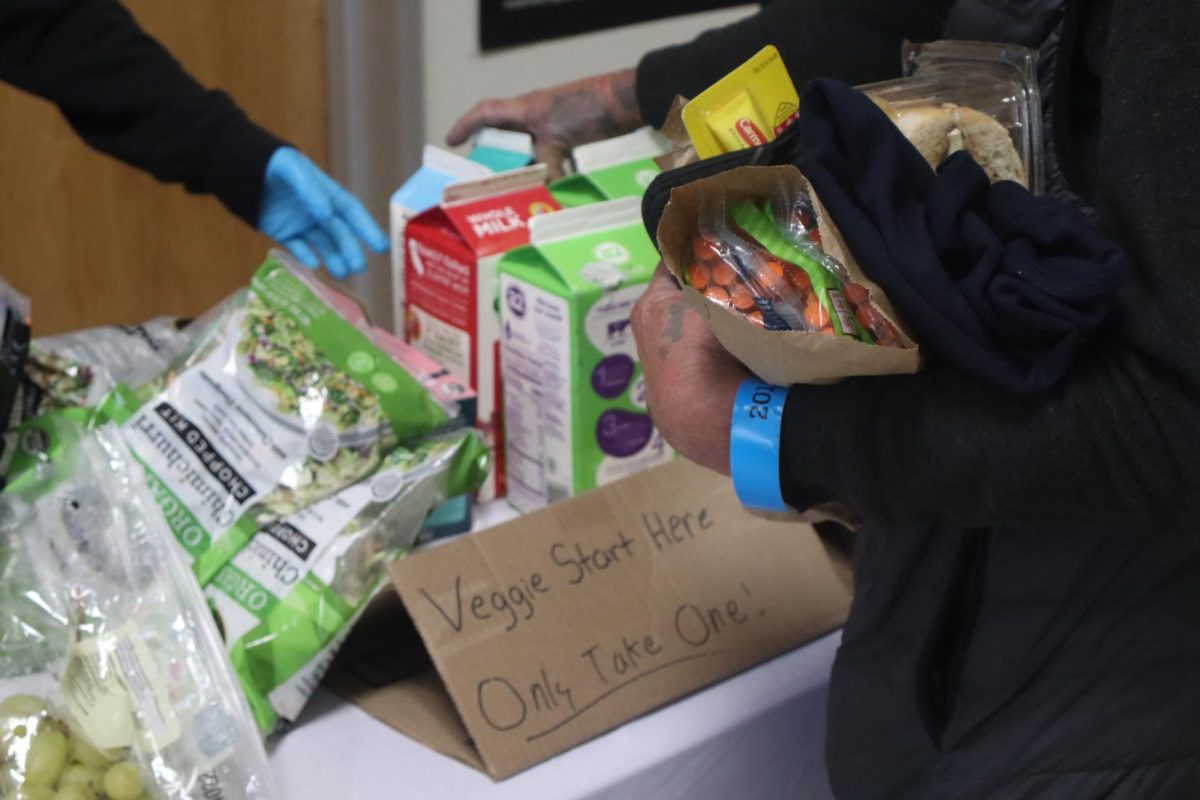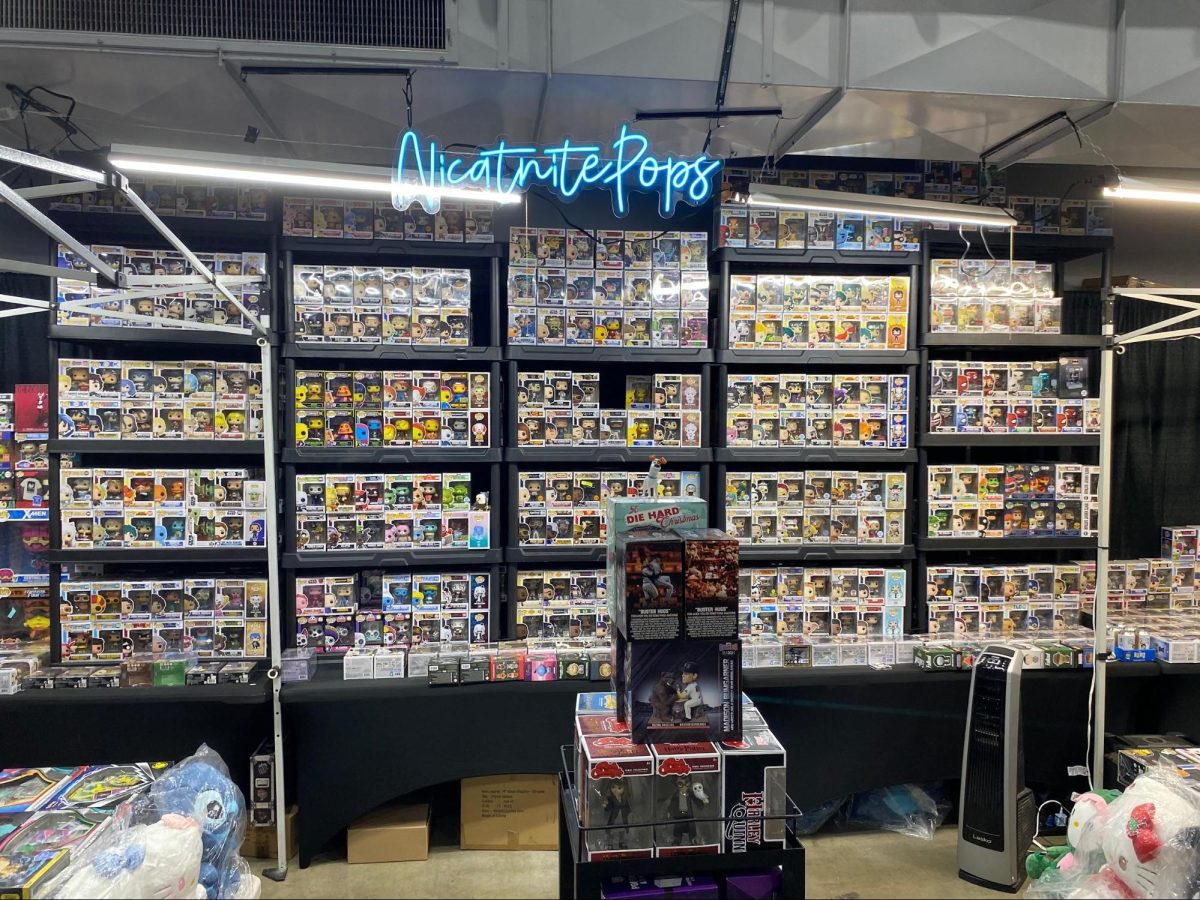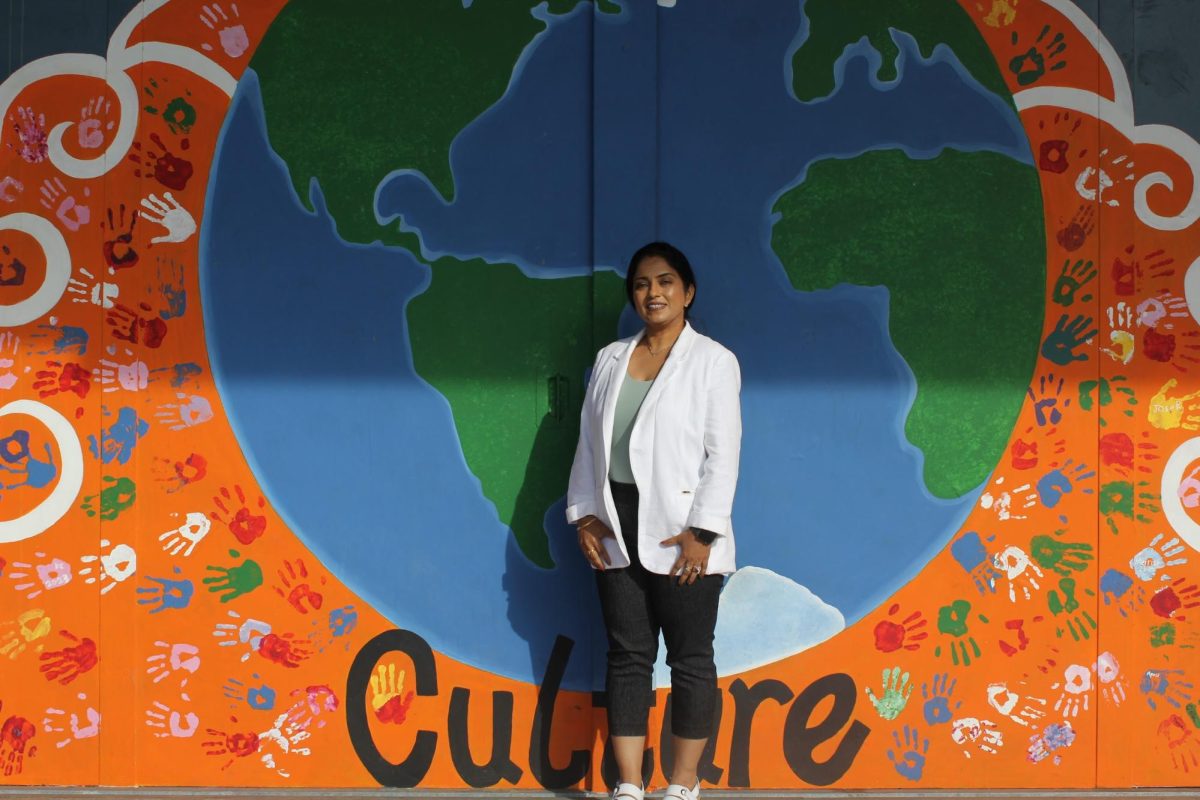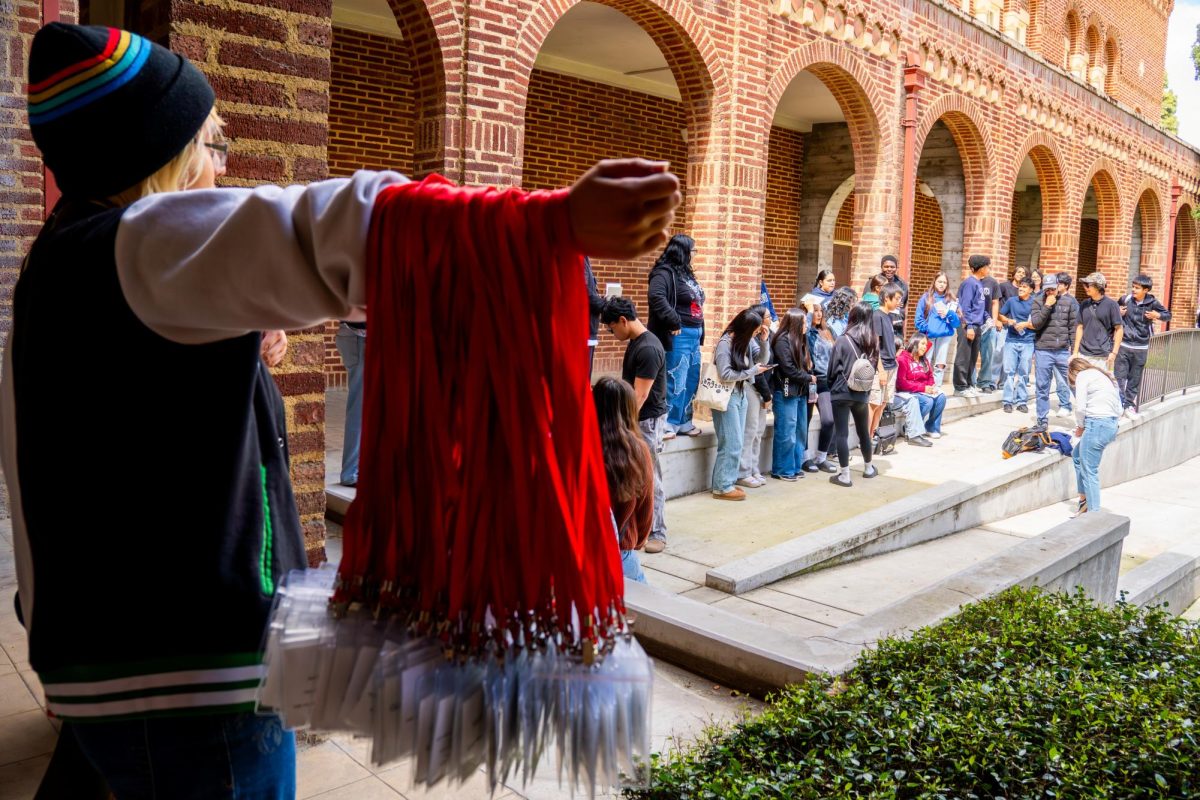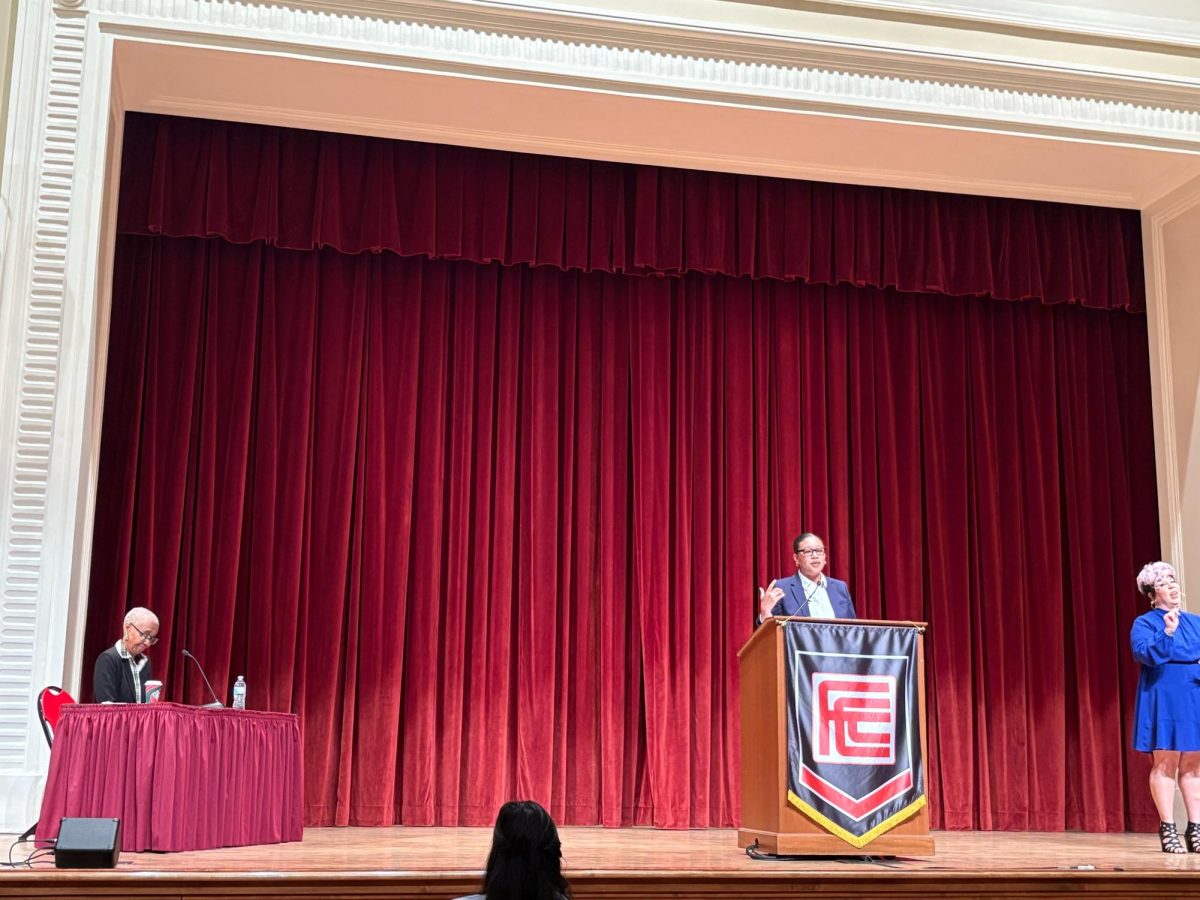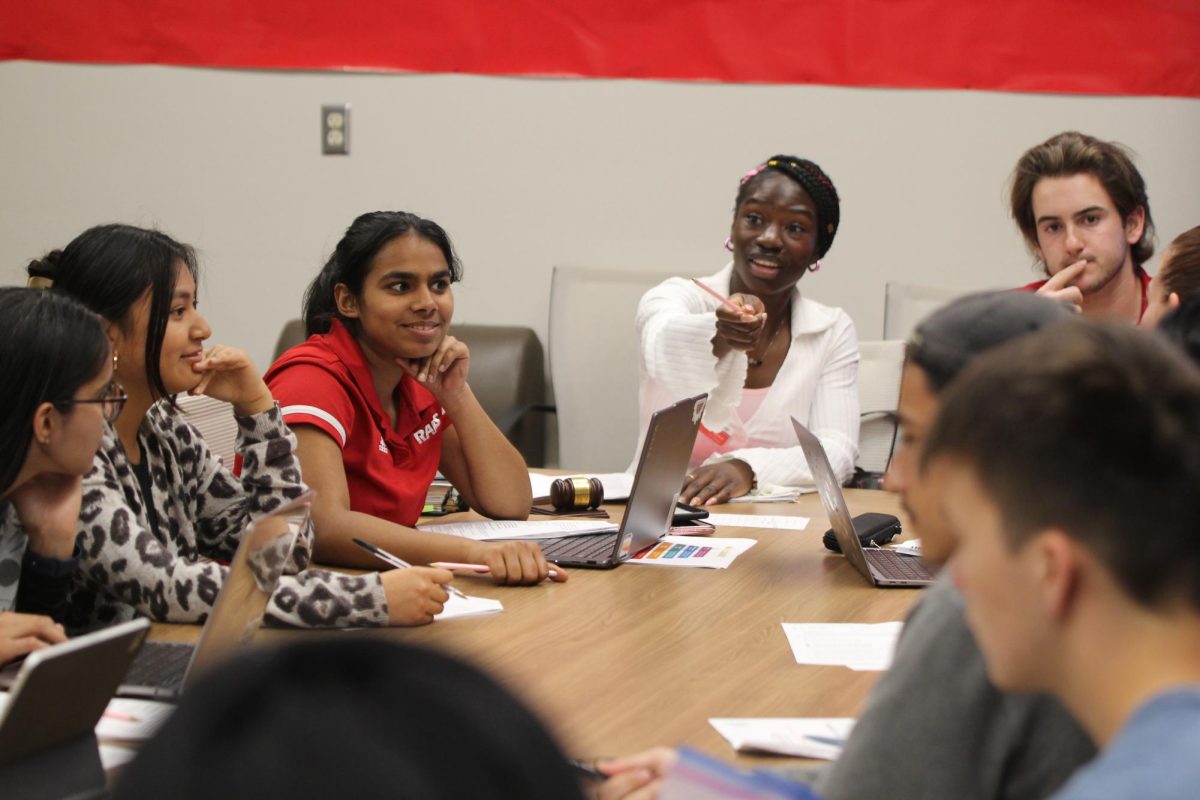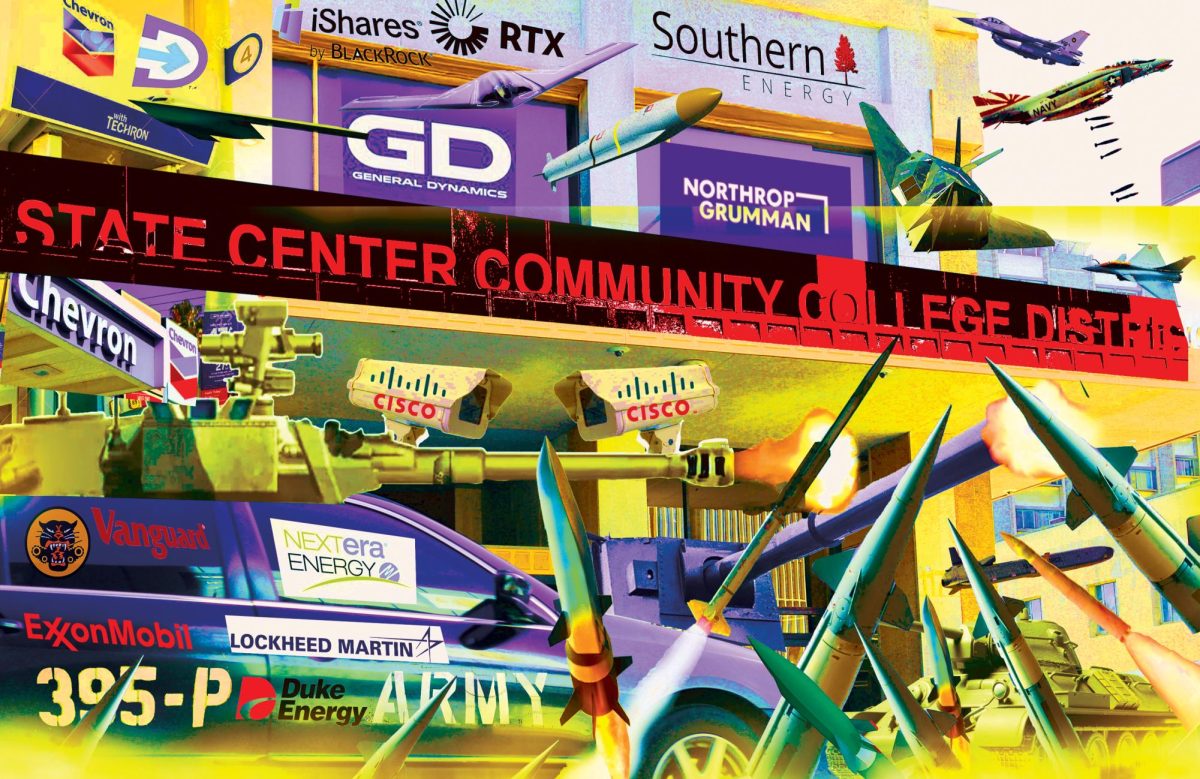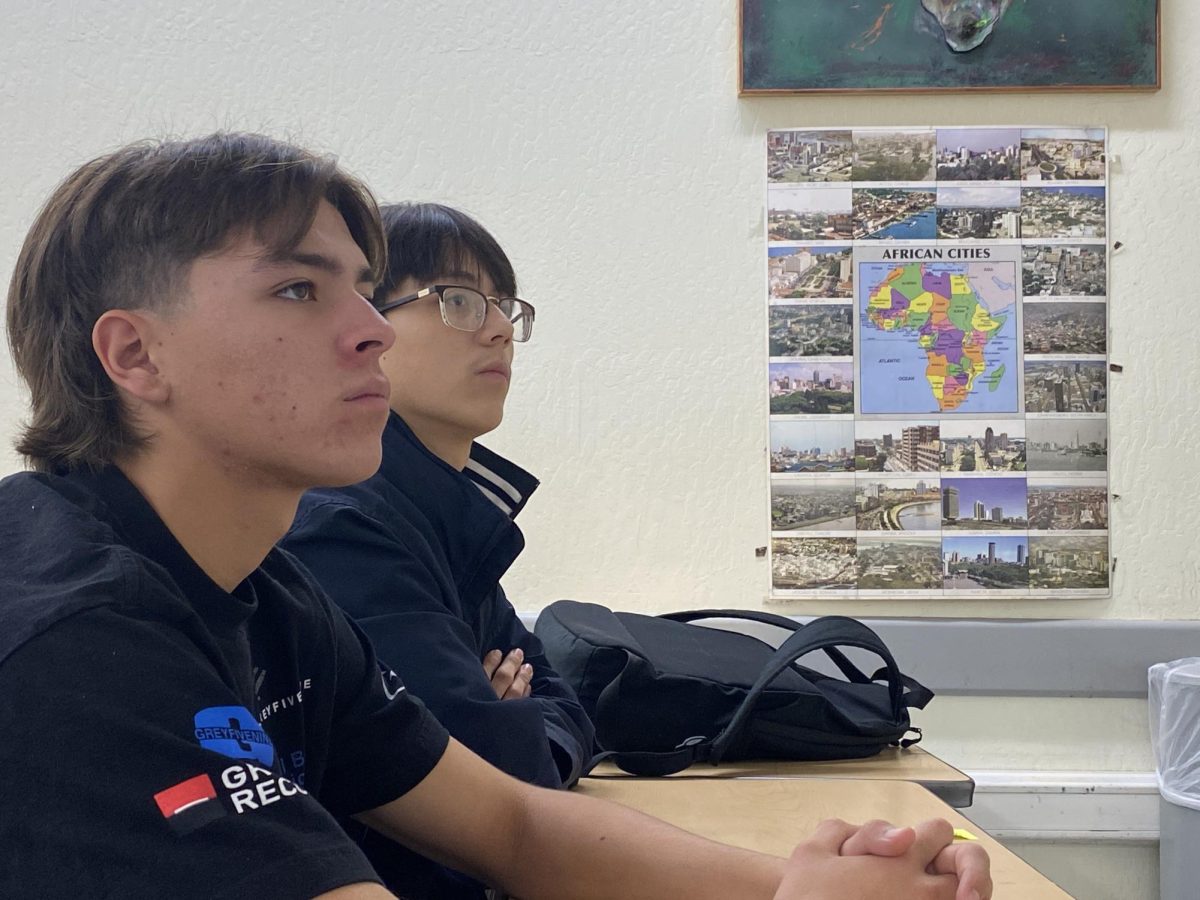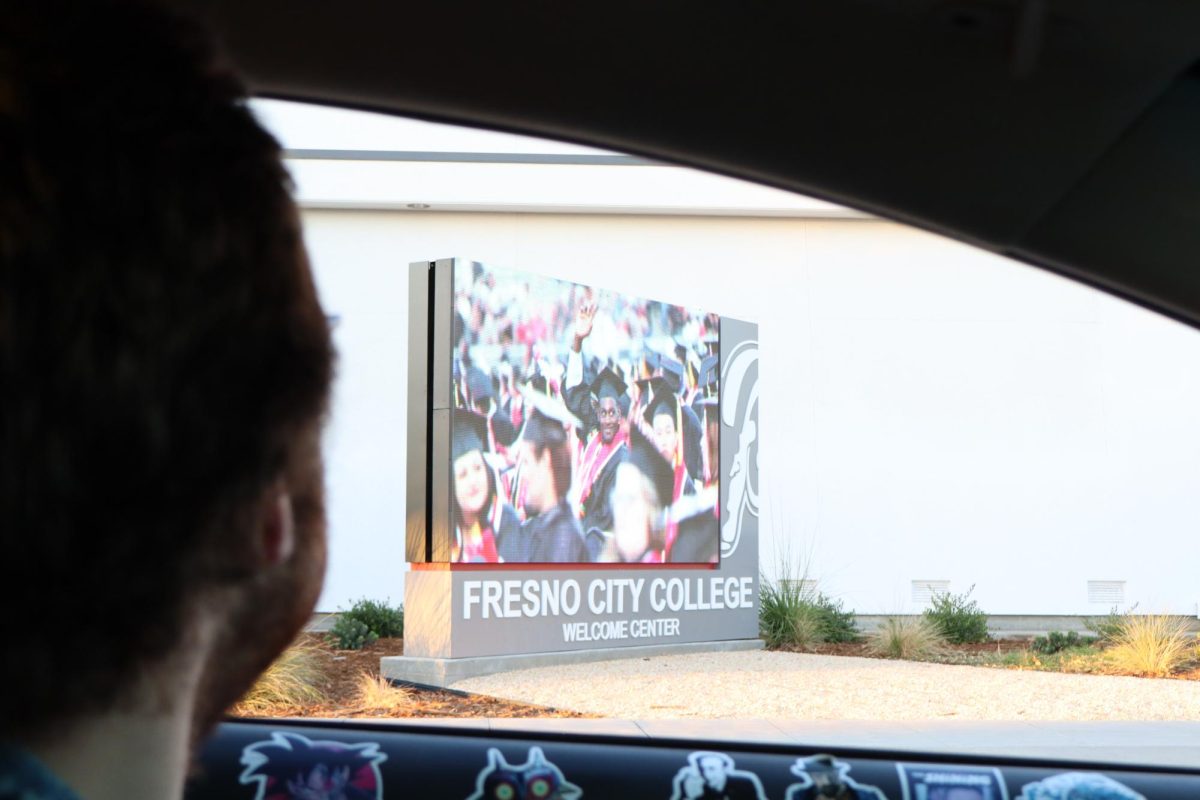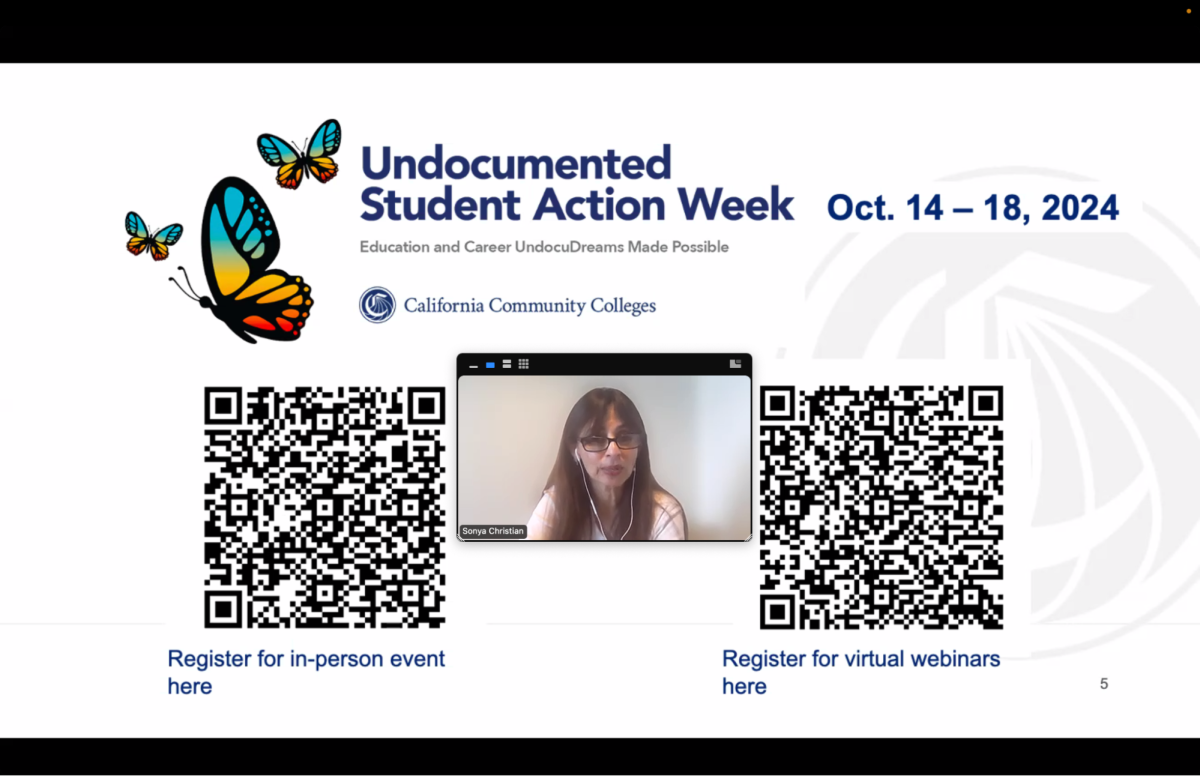A recent proposal could bring more assistance and aid to the deaf and partially deaf students at Fresno City College.
Christine Gough, FCC’s Sign Language interpreter coordinator, recently submitted an action plan proposal to increase the hours for current interpreters and create new full-time positions for qualified deaf interpreters, to help the large number of deaf students on campus.
The action plan proposes two full-time positions as well as four part-time positions for deaf students. The part-time interpreters will work for 36 weeks at 19 hours per week.
Last semester, there was only one full time interpreter, and 18 part-time positions, for a total of 325 hours per week between all positions.
Although both aspects of the proposal were approved by the Program Review committee, Gough stresses this just one step in the process.
“We still have work to do to refine this,” Gough said. “I’m confident that working with students, interpreters, and administration and the district will continue to be positive.”
This proposal is intended to help circumvent the lack of interpreters available for the deaf and partially deaf students on campus.
Without enough hours with interpreters, deaf students struggle with keeping up with the curriculum in a given class; misread what the teacher is lecturing, and ultimately experience difficulty advancing their educational goals.
“Currently, we are able to staff about 300 hours per week,” Gough said, “but we still have unmet interpreting needs.”
Dr. Janice Emerzian, the District Director of the Disabled Students Programs & Services, says she and the deaf counselor on campus Ryan Blodgett have supported the proposal,
“I am optimistic that the campus will also rank this high on the human resources committee’s list,” she said. “And look forward to campus funded support of the plan as in our other plan for a counselor for students who are deaf and other severe disabilities,” Emerzian added.
Mercedeez Sharp, 22, a photography major in her first semester at FCC, says she wishes to graduate in the next two years.
She understands that interpreters are critical in that process. Sharp said the new proposal to include more positions will not only help with her classes but all deaf students.
“It [the proposal] will give me a chance to graduate faster and pass my classes. It will be hard without the interpreters,” Sharp said. “It makes it overwhelming and confusing and it takes me longer to understand and make things clear.”
Many deaf students agree that the interpreter program is doing the best that they can, given the recent budget cuts, and that the Disabled Student Programs & Services department is very accommodating.
The interpreters in the program are well-qualified.
“This is where we are now, and it is a good step; however, there aren’t any guarantees on the outcomes,” Gough said. “I’m very pleased with this great step in the right direction.”
“The deaf student body attending SCCCD are highly motivated, articulate, intelligent and inspirational people who work very hard to overcome the daily challenges they face so that they may continue to access their education while also representing their identities, and I’m very proud of them,” Gough said. “Our interpreters are an outstanding team and I couldn’t do this work without their amazing support and dedication.”


